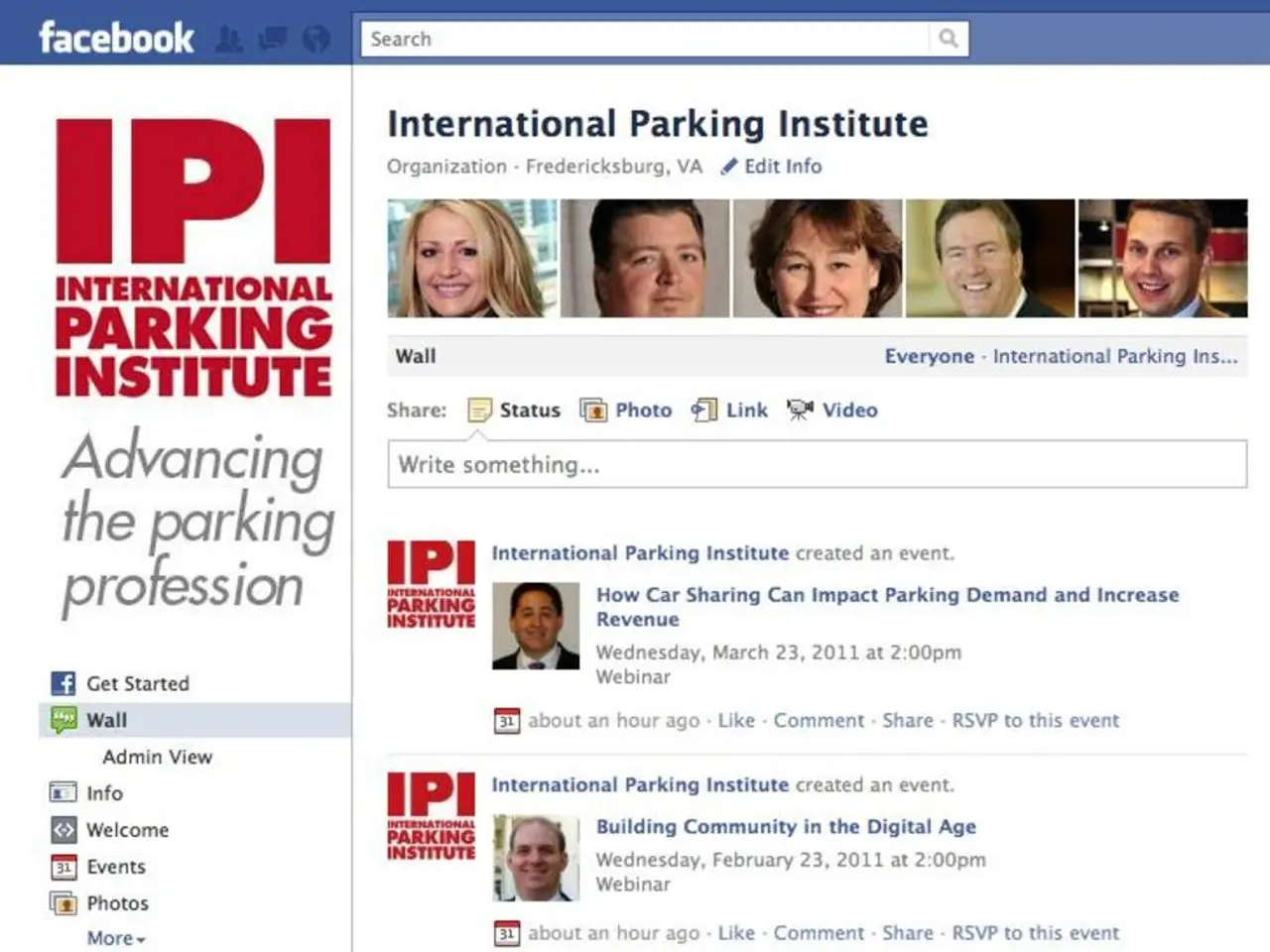Social Media's Negative Impact on Personal Finance
In the modern digital age, social media has become an integral part of our lives, connecting us, inspiring us, and sometimes, influencing our financial decisions. However, this platform, with its curated images of luxury and success, can also pose a threat to our financial well-being. Here's how social media affects our finances and strategies to navigate this digital landscape.
## The Influence of Social Media on Financial Well-being
1. **Financial Advice and Mistakes**: Social media platforms are rife with unverified financial advice, leading many to make poor financial decisions. A study shows that over half of people who follow such advice end up losing money[1].
2. **Consumption Patterns and Comparisons**: Social media encourages consumption by showcasing lifestyles and products, often leading to unnecessary purchases and financial strain. It also fosters comparisons, which can induce feelings of inadequacy and propel individuals into overspending[2].
3. **Dopamine Loop and Stress**: Social media can create a dopamine loop, where users continuously seek validation through likes and comments. This can increase stress levels and decrease focus, affecting overall financial stability[2].
## Escaping Toxic Social Media Culture
1. **Digital Detox Plans**: Implement a digital detox plan to reduce screen time and minimise exposure to stressful or tempting content[2].
2. **Curate Your Feed**: Filter out negative or stress-inducing posts and replace them with positive content. Use app timers to avoid constant social media use[2].
3. **Focus on Financial Literacy**: Improve financial literacy through reliable educational resources. This helps in making informed financial decisions rather than relying on social media advice[3].
4. **Mindful Consumption**: Practice mindful consumption by avoiding impulse purchases triggered by social media advertising or influencer culture.
5. **Strengthen Real-Life Connections**: Cultivate real-life relationships to reduce reliance on social media for validation and connection[2].
By adopting these strategies, individuals can mitigate the negative financial impacts of social media and foster healthier financial habits.
## Taking Control of Your Digital Environment
1. **Audit Your Digital Environment**: Review who you follow and unfollow accounts that may evoke negative emotions, especially those related to finances.
2. **Consult a Mental Health Counselor**: Seek professional help to explore the influences of social validation and develop strategies for cultivating intrinsic self-worth.
3. **Shift Values**: Shift values from status to sustainability to prioritise long-term well-being, purpose, and authentic self-worth over superficial appearances.
Social media, with its myriad benefits, can also be a powerful tool for financial ruin. By understanding its impact and implementing strategies to navigate it, we can foster a healthier, more financially secure digital life.
[1] https://www.forbes.com/sites/ashleystahl/2018/04/24/why-the-millennial-financial-advice-industry-is-failing/?sh=4c3af96f49c1 [2] https://www.psychologytoday.com/us/blog/the-digital-age/201908/how-to-avoid-social-media-addiction [3] https://www.investopedia.com/terms/f/financial-literacy.asp
- The misleading financial advice on social media can result in significant financial losses for many users, as revealed in a study [1].
- The constant showcase of luxury and success on social media often encourages unnecessary expenditure and promotes financial strain due to excessive consumption [2].
- The pursuit of social validation through likes and comments on social media can create a dopamine loop, leading to increased stress levels and a decreased focus on financial stability [2].
- To reduce screen time and minimize exposure to stressful or tempting content, consider implementing a digital detox plan [2].
- For a healthier digital experience, curate your social media feed by filtering out negative posts and replacing them with uplifting content, and use app timers to limit social media usage [2].
- Improving financial literacy through reliable resources enables individuals to make informed financial decisions instead of relying solely on social media advice [3].
- Mindful consumption can help minimize impulse purchases triggered by social media advertising or influencer culture, leading to a healthier financial lifestyle [4].




